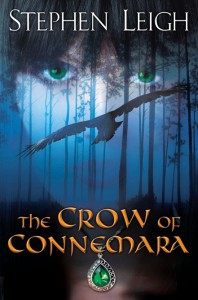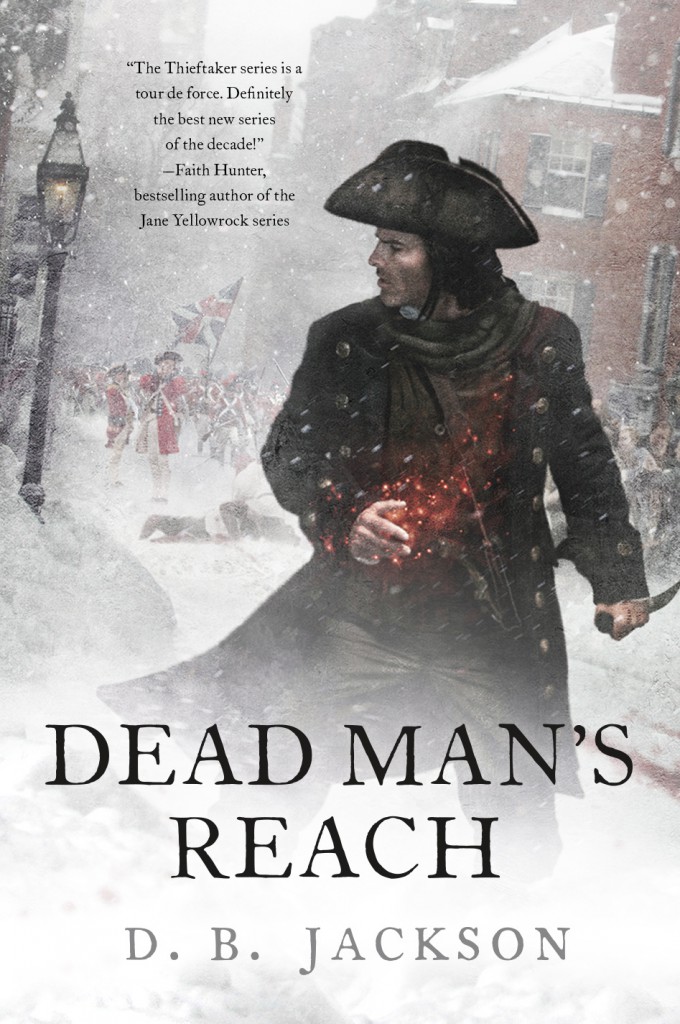I’m tempted to leave the post at that and go open a beer. Writers have to be readers. Period. Full stop.
But it’s morning, and I really shouldn’t be drinking beer this early, so allow me to elaborate…
In last week’s Writing-Tip Wednesday post I tried to ease up on the old “truism” that writers have to write every day. This week, I address another truism (Spoiler Alert: notice the lack of quotation marks this time…): Writers have to be readers.
I will admit that I find this one so basic, so integral to all that it means to be a writer, that I’m tempted to leave the post at that and go open a beer. Writers have to be readers. Period. Full stop.
But it’s morning, and I really shouldn’t be drinking beer this early, so allow me to elaborate…
To my mind, trying to be a professional writer without being a serious reader, is like trying to be a professional athlete without exercising. Except golf and NASCAR. Okay, bad analogy… But you get what I mean.
Seriously, though, we make our livings with the written word; we should be consumers of what we produce. And I expect that for most people this is not a burdensome idea. Generally speaking, those of us who care about words and language and storytelling are drawn to reading without need of being prompted.
That said, I have had people ask me what sorts of things I read and, perhaps more to the point, what sorts of things beginning writers ought to be reading.
The answer to the second question, for the most part, is “whatever you want.” Really. If you like epic fantasy and horror, read those. If you like mystery and urban fantasy and space opera, read those. If you like guitar magazines and books about photography (not that there’s anyone here who likes those things…) have at it. Read what you enjoy, what interests you. Just read.
Then again, if you’re serious about being a professional writer, you should be familiar with the genres AND forms in which you write. You should familiarize yourself with some of the classics of whatever sort of story you wish to write, and you should also be reading new work, to see where your chosen genre is headed. At the same time, you don’t have to read EVERYTHING in the field, or even every book or series considered a classic or a current trendsetter. We all have our preferences, we know what we like and what we don’t. There is a HUGE amount of material available to us and life is just too short to read books we don’t enjoy.
So, as a for instance: I have been writing epic fantasy off and on for close to twenty-five years. I started my career writing big fat high fantasies. By that time, I had read extensively in the genre – classics by Tolkien and Lewis and LeGuin, more recent books by Kerr, Donaldson, Kurtz, Brooks, Eddings, McCaffrey (though she considered herself a science fiction writer rather than a fantasist), Mary Stewart, and my favorite, Guy Gavriel Kay. And so I was familiar with the tropes. I knew which I wanted to avoid and which I wanted to build upon. I knew the story structure. I understood what was required in building worlds and magic systems.
When I decided to start working on urban fantasy, I read extensively in THAT genre, learning the tropes and narrative structures and character arcs that one finds in those books.
These are the reasons we read in our genres: because books and stories don’t exist in a vacuum. They are part of a larger conversation. They are, in a sense, contributions to a dialogue that will, we hope, continue long after we are gone. Trying to write without being familiar with the genre is not only an act of supreme arrogance, it is also a great way to wind up inadvertently writing something that is either too similar to someone else’s work or so far outside the realm of what readers expect that the books fall flat.
On the other hand, there are obvious omissions from my list of epic fantasy authors. I didn’t read Robert Jordan’s Wheel of Time. I didn’t read past the first book of Terry Goodkind’s series. I actually stopped reading A Song of Ice and Fire because the set-up was too similar in certain ways to my Winds of the Forelands books and I didn’t want to be accused of copying from George R.R. Martin. (A few people accused me of this anyway, but what can you do?)
The point is, we can read to learn our craft without having to treat that reading as a mandatory study list. Read. Read a lot. But choose books that you want to read. If you’re interested in writing short fiction, and are not as sure of yourself in short form work, pick up a couple of collections and/or anthologies. (What’s the difference? Collections are books of one author’s short fiction; anthologies have works by several different authors.) You couldn’t possibly read all the anthologies and collections out there, so choose the ones that sound interesting to you. (And yes, I can recommend a couple of titles…)
But if you want to write, you absolutely have to read. Yes, I’m going there. This is not negotiable. This is not one of those questions for which there are lots of different answers.
Writers read.
Period. Full stop.
Keep writing! (And reading!)









 Time’s Demon
Time’s Demon Interested in learning more? Well here is
Interested in learning more? Well here is 
